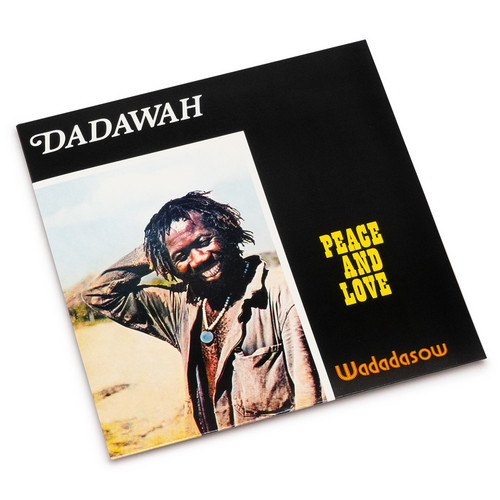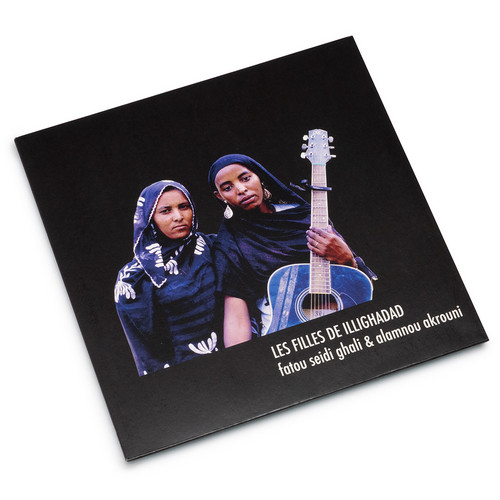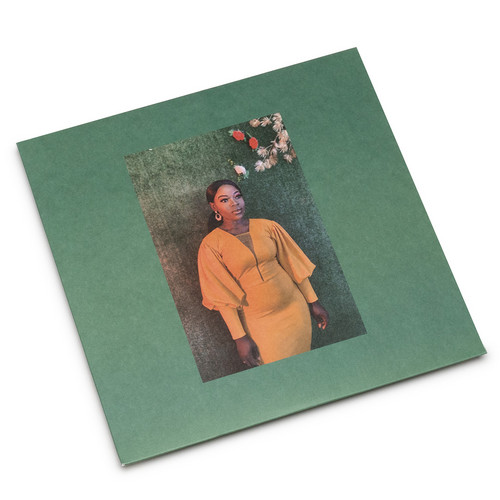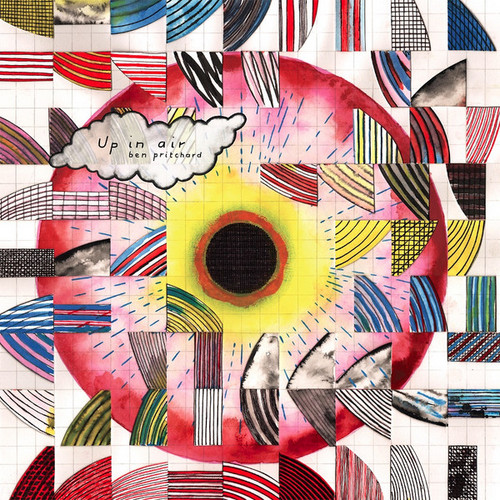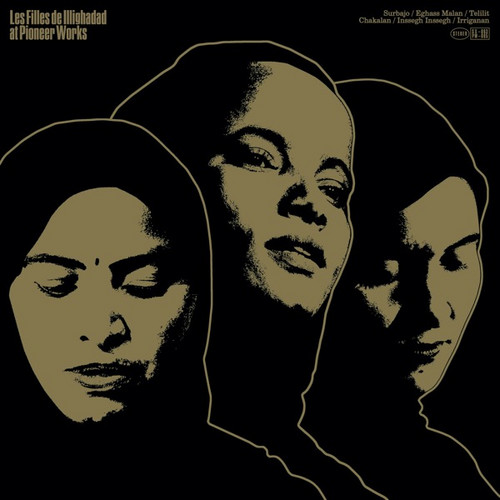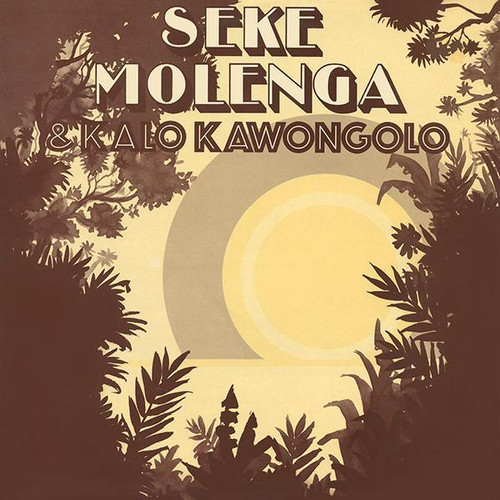Folk /
Peace And Love - Wadadasow
Michael George Henry (aka Ras Michael and, for this lone release, Dadawah) was born in 1943 in Saint Mary Parish, in northeastern Jamaica. Henry was raised in a Rastafari community when the religious movement was still in its infancy and marginalized within Jamaica. It was there that he began performing Nyahbinghi, the Rastafarian devotional music that combines the influences of African drumming and Black gospel. Henry found himself in Kingston in the late 1950s where he worked for Coxsone Dodd …
Les Filles De Illighadad
Sublime recordings from rural Niger. Two very different sides of Tuareg music - dreamy ishumar acoustic guitar sessions, and the hypnotic polyphonic tende that inspires it. Guitarist Fatou Seidi Ghali and vocalist Alamnou Akrouni lead the troupe, named after the village. Recorded in the open air studio of the desert.
Namian Sidibé
Big Tip! Another side of modern Malian praise songs: an intimate, stripped down, acoustic session from Namian Sidibé. From a rising generation of young Malian divas leveraging social media, Namian has built a following, publishing videos and dedications in song, accompanied by her cousin Jules Diabaté on acoustic guitar. Recorded at her home, with powerful yet restrained vocals that drift over melancholy acoustic guitar, Namian explores epic generational songs and poetry, brought into the Tik To…
Up In Air
"After a near decade of solo and collaborative projects, Up in Air is Ben Pritchard's most confident foray into songwriting yet, nestling lopsided experimentation into a bed of lowslung blues and reflective folk." Featuring collaborators Sholto Dobie on self-built organs, and bassist Otto Willberg.
At Pioneer Works
At Pioneer Works' documents a 2019 performance from Tuareg band Les Filles De Illighadad (the daughters of Illighadad). Their music is a smart blend of Tuareg's desert guitar sound that originated from young men in exile in Libya and Algeria in the 1970s, and tende, a form of folk music that was traditionally dominated by women. The band was founded in Illighadad, a commune in Niger, by vocalist and performer Fatou Seidi Ghali, one of the only Tuareg women who plays guitar, and vocalist Alamnou …
Seke Molenga & Kalo Kawongolo
Over the years, they would come to say that the Africans just appeared one day in Jamaica. That two Congo men somehow materialized on the streets of Kingston sometime in 1977, almost as if by magic, speaking not a word of English or patwa. The duo, they say, were musicians brought in by a Jamaican promoter – a woman who ditched them, leaving them to fend for themselves, stranded in a strange land.
What really happened is harder to fully divine. The two young Africans – Molenga Mosukola (aka Seke…
